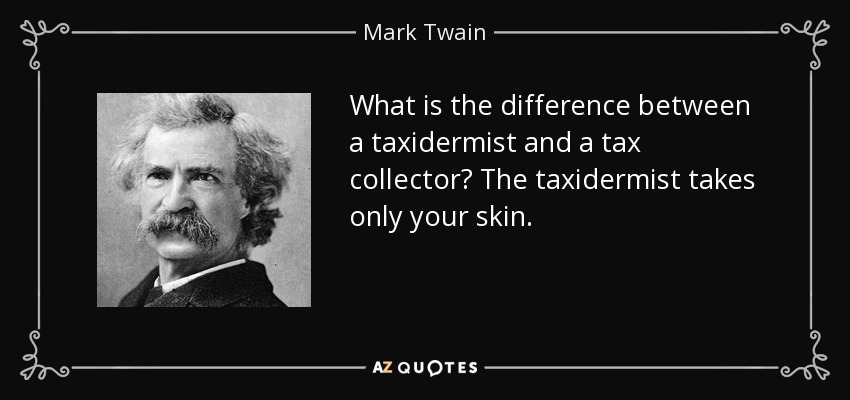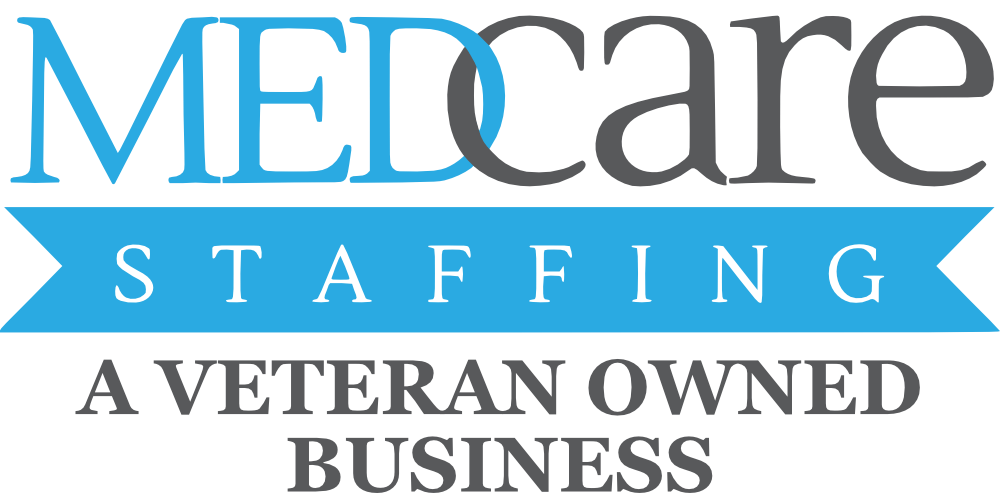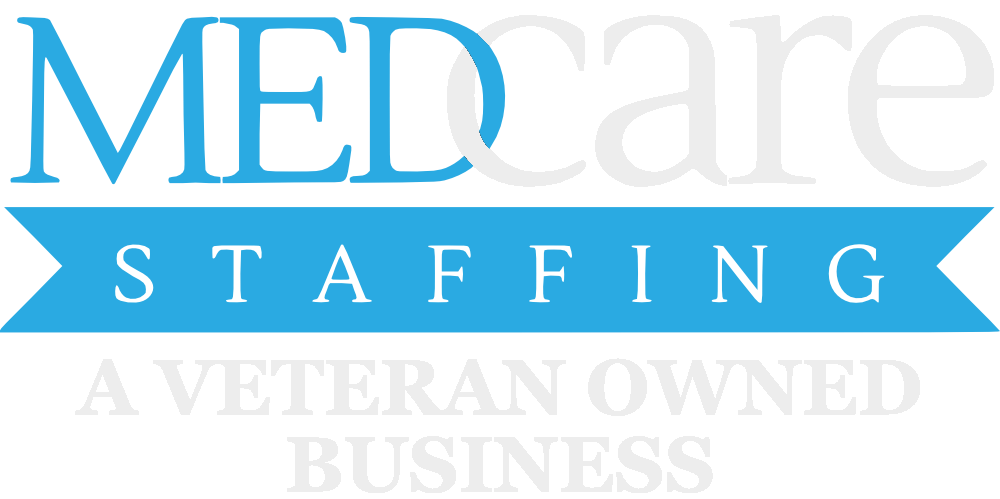
Let’s face it: taxes and tax season can be a drag, especially if you’re a healthcare provider working as an independent contractor on a 1099 status. Planning for your tax obligations in advance, as well as understanding how tax deductions work, will not only decrease your stress levels but will also help you save money.
The 1099 Worker and Taxes
If you work for a locum tenen company as a healthcare provider, you’re probably a 1099 worker, also known as an independent contractor. Independent contractors are self-employed workers who work on a freelance basis. They typically sign contracts and agree to complete a project or provide a service in a certain amount of time in exchange for payment of fees negotiated upon.
It’s important to realize that as a 1099 worker, your employer does not deduct your taxes from your paycheck. For that reason, YOU are responsible for all your tax deductions on a 1099 form. The 1099 is an IRS tax form that reports payments to independent contractors and other miscellaneous income in the United States. You can expect to receive a 1099 form with all your earnings mailed to you from your locum tenens company at the end of the year.
Business Deductions and Tax Savings

Mark Twain once jokingly said, “The only difference between a taxidermist and a tax collector is that the taxidermist only takes your skin.”
As a 1099 worker, the IRS sees you as a small business owner. The secret to keeping more of your ‘skins,’ or more of your income, is a better understanding of your business deductions.
Specifically, you pay taxes only on your profit. For example, if you earned $10,000.00 and spent $ 2,000.00 as a business expense, you only must pay taxes on the $ 8,000.00 earned.
Business expenses for healthcare providers can include:
- Supplies needed for your job: Medical equipment, stethoscope, otoscope, pens, paper, etc.
- Car Mileage
- Car expenses
- Uniforms including shoes
- Dry cleaning and laundry expenses
- Health insurance premiums
- Home office deductions
- Travel Expenses: Rental cars, hotel, lodging, and airfare
- Up to 50% of the reasonable cost of business meals
- Cell phone costs
- Internet bills
- Licensing renewal fees
- Certifications: BLS, ACLS, and PALS
- CME’s and CEU’s
- Professional Subscriptions
- Commissions or Fees
- Depreciation of assets
- General Liability Insurance
- Fees Paid to Professionals: Attorneys, Accountants, or Consultants
- Payments made to contractors or employees
Miscellaneous Expenses:
- Mortgage Interest
- Utilities for home office: water, power, and garbage
- Rent or lease of vehicles and or equipment
- Repairs and or maintenance for tools needed for work
- Home office maintenance
- Advertising
- Interest on business credit cards, business lines of credit, or interest on car payments.
- Contributions to employee pension and retirement
Remember To Put Money Aside

Without a doubt, all private contract 1099 workers should get into the habit of putting money aside for tax season. Preparedness is key. Approximately 30 to 40 percent of your income should be set aside for potential tax payments.
Keep Good Records and Track Receipts
Of course, keeping track of receipts can take time and effort. Therefore, don’t stuff receipts or important documents in your wallet or throw them in a paperback. Unquestionably, come tax season; you’ll miss essential expenditures. Here are some tips on how to keep track of receipts during the year leading up to tax season:
- You should save receipts in a specified folder and enter them into a spreadsheet monthly
- Use receipt-saving apps on your phone like Expensify, QuickBooks, Keeper, and FreshBooks
- Email yourself receipts and keep them in a specific tax folder
- Subscribe to online bookkeeping software like QuickBooks Self-Employed

Should You Start An LLC?
An LLC is a ‘limited liability company,’ a business structure in the United States. Particularly, it protects its owners from personal responsibility for its debts or liabilities. In essence, LLCs are hybrid companies that combine the qualities of a corporation with those of a partnership or sole proprietorship.
For the Most Part, Set Up is Simple
- Choose a business name that is not a duplicate of an existing LLC
- Your state will let you know if your business name is acceptable
- LLC or Limited Liability company must appear in your business name
- Create and file articles of organization, including LLC’s name, address, and names of the owners of the business standard forms for each state can be found online.
- Appoint a registered agent. This person is typically one of the owners and represents the LLC.
- Payment of fees, this may vary from state to state
- Publish a notice of intent to start your LLC in a local newspaper. It may vary from state to state.
- Create an operating agreement.
Pros and Cons of an LLC
It’s important to realize that regulations of LLCs vary from state to state. Undoubtedly, one of the pros of starting an LLC is that it offers your company limited liability. LLCs prevent the owners from being personally responsible for the company’s debts. In the event that a company goes bankrupt or is sued, the owner’s assets will not be affected. Also, profits can be directly passed to owners to be taxed as personal income to avoid ‘double taxation.”
On the negative side, starting an LLC includes profits subject to Medicare and Social Security taxes. In some cases, the owners of an LLC may pay more taxes than a corporation.
Side Gigs and Other Services
In the long run, getting the most benefits out of your LLC is critical. Services that you can provide include consulting, freelance writing, or selling products. As an LLC, you are more than just a private contractor; you are a legitimate business.
Take the Stress Out of Taxes and 1099 Status
Above all, good organization is the solution to keep your yearly taxes stress-free. For this reason, If you’re a 1099 worker, save all your expense receipts and put money aside for tax payments. By assessing your monthly taxes and receipts, you will alleviate stress during tax season.

